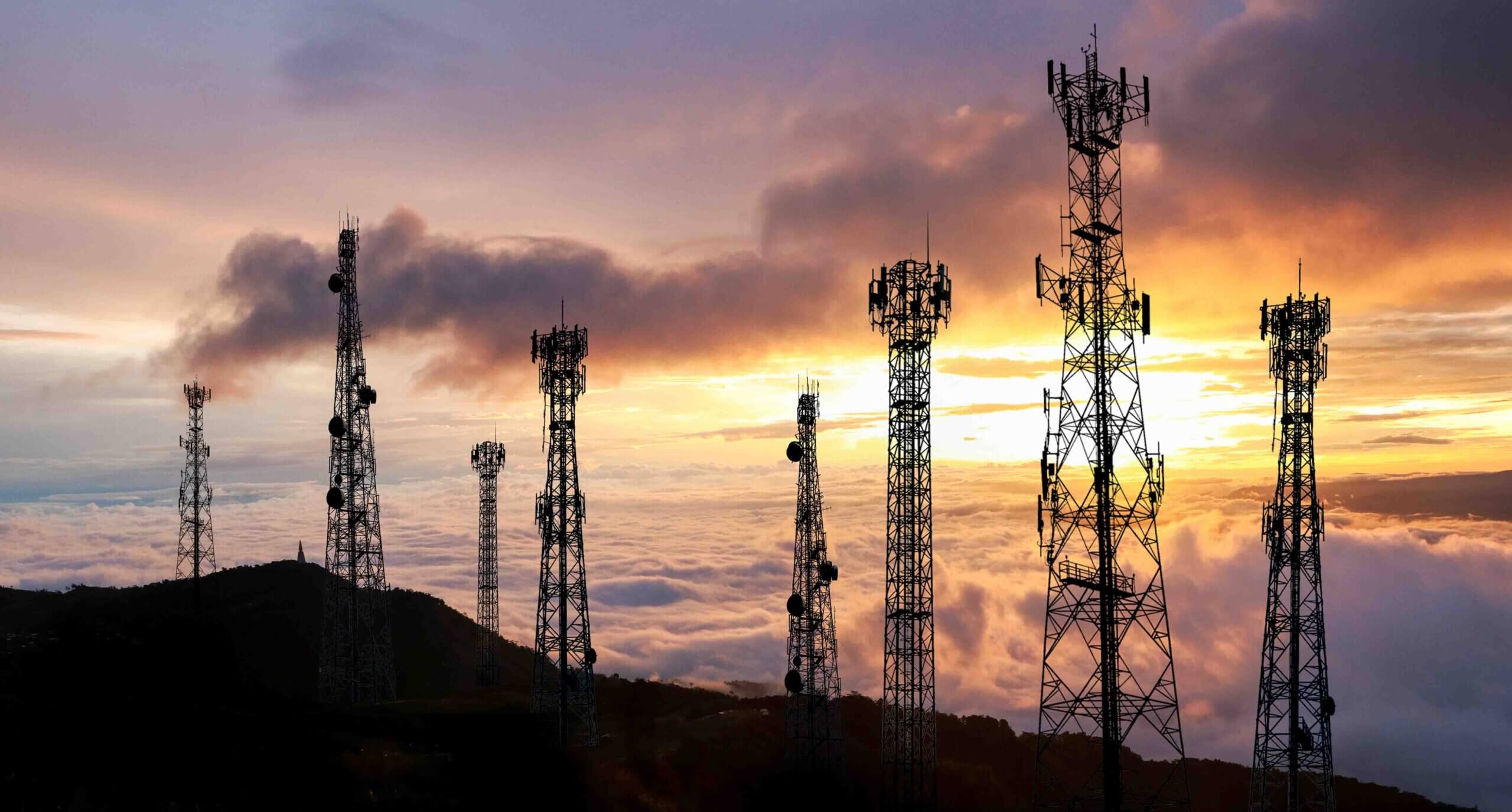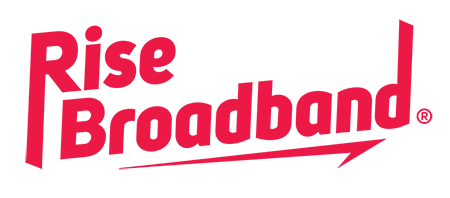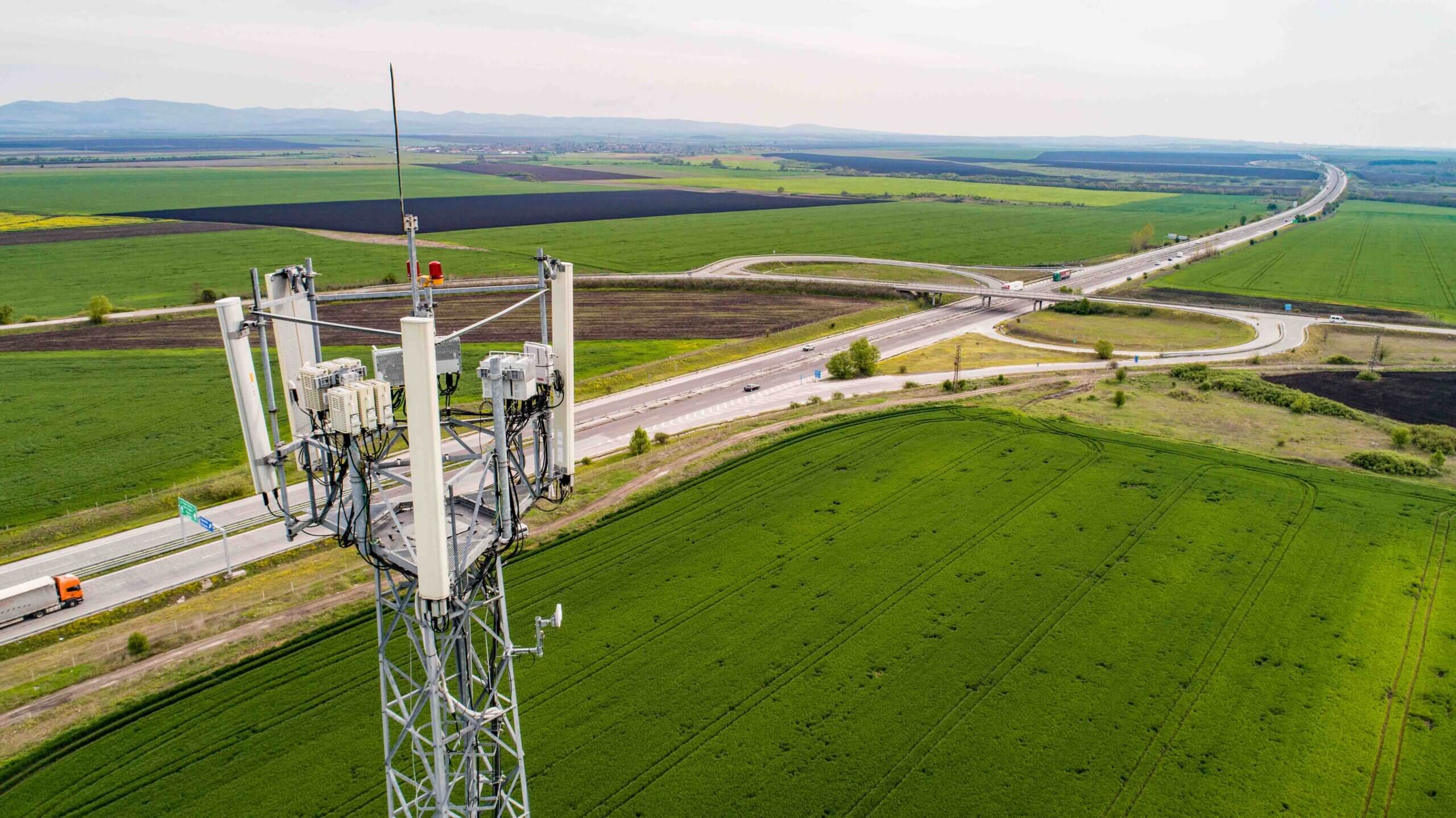Best Fixed Wireless Internet Provider of 2024
Enter your zip code to find your best Internet Providers
 Update Location
Update Location
We’re talking about “fixed wireless internet,” also sometimes called 5G, LTE or confusingly, just “wireless internet.”
Calling it “wireless internet” is the problem, because immediately, many of us are going to think about Wi-Fi. But there’s a key difference. Fixed wireless internet is not Wi-Fi.
Fixed wireless internet is home internet service. You sign up for a separate subscription, just like you would for cable or fiber home internet.
Fixed wireless internet service uses towers to send your internet signals, just like cell phone towers. But what you get is not the same as cell phone data. Fixed wireless home internet gives you faster home internet and a reliable connection, unlike your cell phone’s mobile data that can vary as you move around.
You may already be aware of a few basics about fixed wireless internet service. But many of us could use a quick overview of what fixed wireless internet is, and how it differs from your other internet options. If you’re thinking about choosing a new internet provider, this information will help you decide whether a fixed wireless provider could meet your needs.
This guide will explain what you can expect if you sign up for home fixed wireless internet. And even better, we’ll point you to the best wireless internet provider of 2024. By the end, you’ll have a really good grasp on whether fixed wireless internet is right for you.

What Is Fixed Wireless Internet?
Fixed wireless internet lives up to its name in a couple of ways. First, it’s wireless and sent through the air by radio signals. Unlike DSL, cable, or fiber, fixed wireless internet does not need a cable or line of any kind to reach your home.
Second, this type of internet service is fixed. It stays in one place, unlike the Wi-Fi your phone receives when you roam all over. So, you will get an antenna on your home, and your fixed wireless service will deliver internet to that one antenna. Having a fixed receiver allows your service to be more consistent. You won’t get any “one bar” signal problems the way you do with mobile wireless because you will always be the same distance from your tower.
Your fixed wireless internet provider will send data from radio towers to that antenna on your home. From that point on, fixed wireless works like any other internet signal that enters your house. Your home wireless router takes that internet signal and creates your home Wi-Fi network to connect all your internet devices.
Fixed wireless internet is becoming more popular. It’s a good way to get a reliable internet connection in places where laying cables is impossible or too expensive.
You will often find fixed wireless internet in two different kinds of geographical areas.
First, fixed wireless internet providers are quite likely to serve crowded urban areas. Wireless technology is a way for more ISPs to compete in a big city market with lots of customers. Fixed wireless service allows the ISPs to get more business with a much smaller investment than what it would cost to lay cable.
Fixed wireless internet providers also provide service in rural locations, though not as widely as in the dense urban areas.
Pros & Cons of Fixed Wireless Internet
Availability: Fixed wireless internet can reach areas where wired connections are unavailable or unreliable, making it a viable option for rural and remote locations as well as for cities.
Lower Latency: Fixed wireless generally offers lower latency compared to satellite internet, the other major wireless form of home internet. Lower latency is crucial for real-time applications like video conferencing. But new low-latency satellite service such as HughesNet Fusion may challenge fixed wireless service in this area.
Scalability: Fixed wireless networks can be easily expanded to include additional users or areas. The wire-free construction makes fixed wireless internet less expensive to expand. That’s why you may have it as an internet option in your area this year if you didn’t last year.
Limited Speeds: Fixed wireless internet speeds can be affected by distance and obstacles between your antenna and your provider’s tower. Your speed may be lower if permanent or temporary obstacles get in the way of your data signal.
Data Caps: Some fixed wireless internet plans may impose data caps, limiting the amount of data you can use each month.
Signal Interference: Interference from rainstorms, fog, or snow can affect the reliability of your connection to fixed wireless internet.
Fixed Wireless Internet vs. Other Types of Internet Connection
Fixed wireless internet is by definition very different from most other internet options except satellite internet. The fact that both fixed wireless and satellite do not depend on wires or cables gives them some similarities.
To choose your best internet option, you’ll need to know the differences between these internet types. And if you enter your zip code, you can find out exactly which types of internet connection are available in your area.
Fixed Wireless vs. DSL
Fixed wireless internet usually offers faster speeds compared to DSL internet, which travels through telephone lines. Fixed wireless will also be available in some places that DSL is not. But some fixed wireless plans may have data caps, which can affect both your internet performance and your monthly bill.
Fixed Wireless vs. Cable
Cable internet provides higher speeds and better reliability than most fixed wireless service, but cable requires physical wires to be laid in the area. Fixed wireless can be a good alternative in areas where cable infrastructure is limited.
Fixed Wireless vs. Satellite
Fixed wireless internet sometimes offers lower latency compared to satellite internet, which will give you better performance for real-time applications. But HughesNet Fusion just hit the market in 2022 as the first low-latency plan from a satellite internet provider. Satellite internet also has wider coverage and is available in more remote locations. However, many fixed wireless plans are more affordable than satellite internet plans.
Fixed Wireless vs. Fiber
Fixed wireless internet can be a convenient and accessible option in areas where fiber installation isn’t practical. But fiber internet provides much higher speeds and lower latency, making it better for heavy data usage. Fiber internet also gives consistent performance no matter where it’s located. Finally, fiber internet will give you much more speed for the price of a plan.
Top Fixed Wireless Internet Providers
Fixed wireless internet may be more “national” than any other kind of internet. Providers are better able to spread out across states and major cities because of the tower-based infrastructure. That’s why many major internet providers scatter across large areas with their fixed wireless internet service. Often, they may serve only one or two cities in a state, which is not common with wired types of internet service.
Best Fixed Wireless Internet Provider of 2024

As the best fixed wireless internet provider of 2024, Verizon stands out for its exceptional speeds, low pricing, and unlimited data.
Verizon offers both 5G and LTE fixed wireless options. 5G will give you truly impressive download speeds of 85-1000 Mbps, but 5G is not as widely available as the LTE service yet.
Verizon states that their speeds are fast enough to allow you to play console games, and sometimes offers an Xbox as a promotion with your order[1]. Bandwidth and speed that can handle console gaming indicates speeds much faster than most other fixed wireless providers!
For Verizon 4G LTE, you can expect much slower download speeds of 25-50 Mbps. Verizon’s prices are quite good across the board for the speed you get with each plan. And you will benefit from having no data caps or contracts with Verizon fixed wireless internet plans.

AT&T’s fixed wireless plan benefits from a strong infrastructure and a long track record of delivering what customers need. AT&T fixed wireless internet plans start at around $60/month and usually offer download speeds around 25 Mbps, which meets the FCC definition of broadband[2]. AT&T does have a data cap, but at 350 GB, it is much higher than some competitors’ caps[3]. AT&T’s fixed wireless service is available in 18 states.

Rise Broadband is known for providing service to rural areas at reasonable prices. Their coverage is extensive, but their speeds can be slower than some other providers at 25-50 Mbps download speed. Rise does have data caps and will assign yours based on your chosen plan fee. The lowest data cap is 150 GB, which will be fine for you if you have a small household with mostly emailing and social media browsing. If you want to do heavy streaming, you will need more data. Rise will charge overage fees of $5 per month for every 10 GB over your chosen data limit[4].

T Mobile has made significant improvements to their fixed wireless offerings and expanded their coverage. However, even though T-Mobile offers 5G, their speeds do not approach Verizon’s 5G plans. Instead, speeds range between 333-182 Mbps. T-Mobile offers customers the advantage of no data caps and no contracts on their 5G Home Internet service[5]. But in congested peak hours, your service may slow down.

Choosing the best fixed wireless internet provider relies on several factors. When we pick our best fixed wireless internet provider for the year, we evaluate service based on the categories below.
Coverage: The most important part of any internet connection is whether you can get it at your home. You can check here at CompareInternet.com using your zip code to see what is available for you.
Speed and Data Caps: Explore the available plans and their speeds and data caps to ensure they match your internet activity needs.
Reliability: Look for providers with a reputation for reliable service and minimal downtime.
Customer Support: Check out the quality of customer support offered by each provider. For example, AT&T tends to rank highly across our internet types because their customer service is strong. Good customer support can greatly impact your experience when you have technical issues or questions.
Price: Compare the pricing options here on our site to find an ISP with a good balance between affordability and value for money.
Being aware of how your plan works will help you have a good experience with your fixed wireless internet provider. Make sure you know your basic internet needs and how any data caps might affect your monthly bill.
Think about the types of activities you do most online. Are they high-data, such as videoconferencing or streaming? If an available fixed wireless provider uses data caps, you’ll need to choose a plan with an appropriate data cap. If you use a lot of data, you might do better with a provider without data caps.
If you do choose a plan with a data cap, watch your data usage carefully, especially for the first month or two. You don’t want those additional charges. Most ISPs offer you easy ways to track your usage online or in an app. They will also send notices that you have exceeded your cap.

How Does Fixed Wireless Internet Work?
Fixed wireless internet works by transmitting data from an ISP’s tower to an antenna located at a customer’s home. Fixed wireless technology relies on radio frequencies to transmit this internet data.
The signal transmission process goes through the following stages:
- ISP transmission from towers
- Antenna reception at your home
- Wi-Fi router distribution
Once your home Wi-Fi network is up and humming along, all your devices will be able to connect to the internet.
What to Expect from Your Fixed Wireless Internet Installation
During the fixed wireless internet installation, you’ll usually see a four-step process.
- Site Survey: The ISP may conduct a site survey to determine the best location for installing the antenna. Your antenna’s position will affect your signal quality, so this is an important step.
- Antenna Installation: A technician will install your antenna on a suitable outdoor location, such as the roof or a pole, to get the best possible signal strength.
- Router Setup: The technician will then set up a wireless router inside your premises, configuring the network and securing it with a password.
- Connectivity Testing: Once the installation is complete, the technician will test the internet connection to ensure everything is working.
Frequently Asked Questions
Can I use fixed wireless internet for online gaming?
Fixed wireless internet can sometimes be suitable for online gaming due to its lower latency compared to other wireless options like satellite internet. However, you’ll need to choose a plan with sufficient speeds and a stable connection to support a smooth gaming experience. You will also need to be careful about your data usage if you have data caps, as games can quickly consume a lot of data.
Is fixed wireless internet available everywhere?
Fixed wireless internet availability varies depending on each fixed wireless internet provider’s network coverage. While fixed wireless is not available in all areas, it is an option worth exploring, especially in places where wired connections are unavailable.
Can I stream video content with fixed wireless internet?
Yes, fixed wireless internet can support video streaming. You’ll need to watch how much of your data streaming uses if you have a data cap. Standard streaming will give you more hours of video watching than 4K streaming.
Is there fixed wireless internet in my area?
You can enter your zip code to see our detailed lists of providers and plans for you.

Let’s find the speed you need
Tell us what you use Internet for
(Select all that apply)

 Call now to find your best offers!
Call now to find your best offers!
![shutterstock_724620199 [Converted]1](https://www.compareinternet.com/wp-content/uploads/2023/03/shutterstock_724620199-Converted.png)


